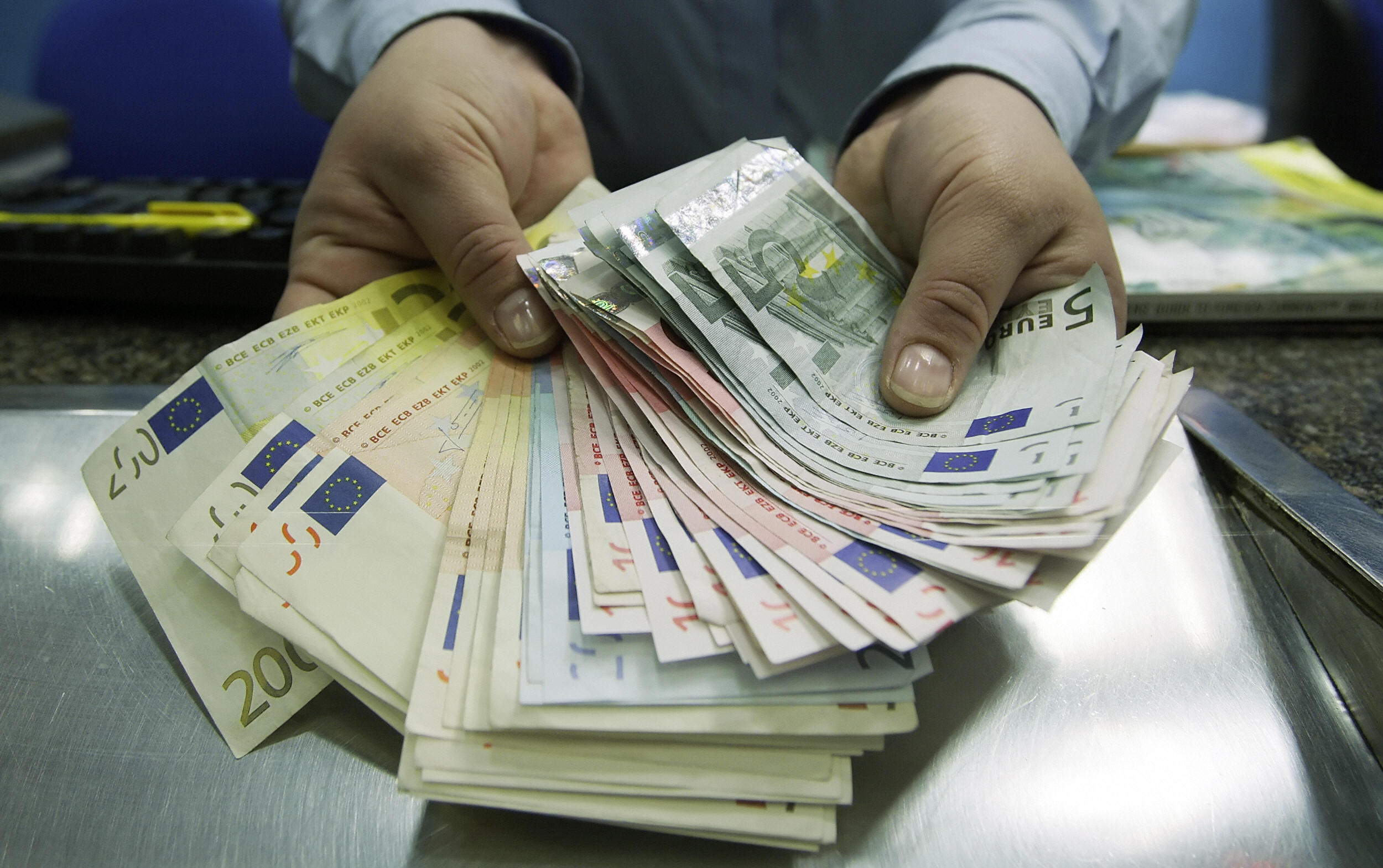Had I trespassed into a private gathering?
All eyes were on her: a diminutive figure on stage that, fingers tangled in her hair, was apologizing about the sound quality with the easy, teasing familiarity of a hostess warning dinner guests that the food might be a little salty.
“It’s perfect! yelled one male attendee.
“A hundred percent! hollered another.
The adoration was palpable at the outdoor space of the Gezira Arts Center on Tuesday, where a crowd of a couple of hundred had gathered to watch folk revival group Fionkat Donia perform. The small, stripped-down outfit is composed of Ayman Sidky on percussion, Ramadan on tabla and Mamdouh Sorour on nay – but it was undoubtedly front-woman, vocalist and ingénue Donia that the crowd was there for.
She began to sing, her opening repertoire ranging from the familiar – Abdel Halim Hafez’s “Ana Koll Magool El-Toba ; Port Said folk classic “Ya Lally – to the more obscure, such as a Nubian-sounding number by the name of “Fi Shabakt El Ghasheem.
The sound quality was passable, the renditions unremarkable save for Donia’s distinctive performance style. A beguiling smile on her lips, her shoulders wagging, hips ticking from side to side in time to the beat, hands twirling daintily overhead, she clearly relished the music and being on stage. Every song was met with recognition and pleasure from the audience, who clapped along, many mouthing the words, some shimmying in their seats. And yet I remained unmoved.
“Hmmm.where shall we go next? asked Donia between numbers, finger tapping her cheek in little-girl coquettishness. There was a roll of suggestions from the crowd. “Okay, let’s go to Upper Egypt together for a bit. Let the family fights begin! she grinned.
Her accent thickened as she unleashed her droll humor and storytelling prowess with a string of sassy numbers – and I began to melt.
There was the tale of a man kicking his beloved out of his life after she showed an interest in another; next was the complaint of a woman whose husband roamed the country visiting his other wives, only returning at the end of the day and turning his back on her to go to sleep. Donia brought a motley cast of quintessentially Egyptian characters to life with inflections of her voice and small, expressive flourishes of her face and body: squaring the shoulders to denote a gruff man, a slow-breaking smile indicating a flirtatious woman.
Then came “Donia ya Donia – the announcement of which was greeted with whoops and whistles from the audience. This upbeat number cheerfully bemoaned a world in which men were respected figures in the public arena, but whose women ran circles around them in the home.
“Okay, enough fighting, let’s make up now, declared Donia.
Her backup musicians left the stage, and she began a slow a cappella interpretation of the pastoral love song, “Ni’naa’ El-Geneina (popularized by Mohamed Mounir). Pacing every breath, her voice was as sweet and clear as the summer grapes in the song. The crowd was hushed, hanging on every lilting note.
At the end of her set, Donia gave the audience a choice between two light, feel-good ditties to close with. Each had its ardent fans, and the crowd wouldn’t let her leave until she had given them both.
In person, Donia – better known for acting performances in the sitcom “The Clinic – was a surprise. The girlishness of her onstage persona was gone, and in its place a serious, articulate woman.
She told Daily News Egypt that her project to revive near-forgotten folk heritage began performing under the umbrella of Fathy Salama’s Sharkiyat ensemble; their first independent concert as Fionkat Donia took place in 2002.
Failing to garner institutional support or locate archival material for the project, she took it upon herself to travel around Egypt with a voice recorder, capturing songs where she could.
If the project has not managed to secure official backing, it has certainly gained a faithful following of fans: mostly young, middle-class Cairenes to whom these songs are now known to the letter and dear to the heart, requesting their favorites at every concert.
Speaking to Donia, it becomes clear that Fionkat Donia is not just about reviving old, almost-lost songs – but also enlivening our own assumptions about what is traditional Egyptian culture.
Indeed, many of the themes – the strength and dominance of both the male and female characters, the jovial hints of licentiousness – may come as a surprise.
“The best thing about folk culture is that it is what it is – it has no pretensions. And there are no taboos, says Donia. “The more you learn, the more you realize how open and inclusive it is, how wayward it can be.
“And yes, she adds, her girlish stage-smile returning, “more than a little mischievous.
Fionkat Donia are performing at Mohammed Ali Palace this Saturday at 11 pm. The group’s album’s “Mahatit Masr (Cairo Station) is available at Virgin Mega Stores and Diwan Bookstores.
